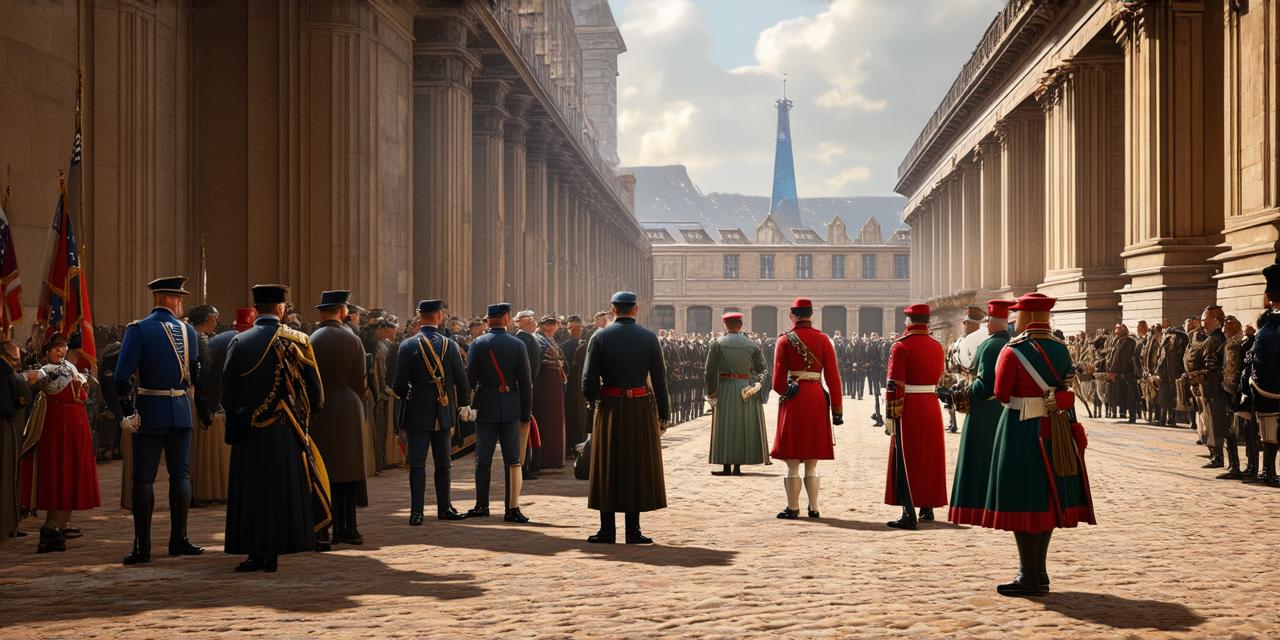
Was virtual representation English monarchy or American democracy?
Virtual representation has become increasingly important in both English monarchy and American democracy. In this article, we will explore the benefits and challenges associated with virtual representation, as well as its role in shaping these two institutions.
Virtual representation refers to the use of technology to allow people to participate in decision-making processes remotely. This can include voting, attending meetings, and providing feedback on policy proposals. Virtual representation has become more common in recent years, as technological advances have made it easier to connect people from around the world.
In English monarchy, virtual representation is often used to provide a platform for members of the public to express their opinions and ideas. This can include holding online town hall meetings and other events where people can engage with the royal family and share their thoughts. Virtual representation has also been used to increase transparency in the monarchy, as it allows people to see what the royal family is doing and how they are spending their time.
In American democracy, virtual representation has become an essential part of the democratic process. It allows people to participate in elections and other political activities from anywhere in the world, and it provides a platform for citizens to engage with their elected officials and hold them accountable. Virtual representation has also been used to increase accessibility in the democratic process, as it allows people with disabilities to participate fully.
However, virtual representation also presents challenges. One of the main concerns is that it can lead to a lack of personal interaction between citizens and their representatives. This can make it harder for elected officials to understand the needs and concerns of their constituents, and it can also make it more difficult for citizens to build trust in their government. Additionally, virtual representation can be susceptible to hacking and other forms of interference, which can undermine its effectiveness.
In conclusion, virtual representation is an important tool in both English monarchy and American democracy. It allows people to participate in decision-making processes from anywhere in the world, and it provides a platform for citizens to engage with their representatives and hold them accountable. While virtual representation presents challenges, it also has the potential to increase transparency, accessibility, and engagement in these two institutions. As such, it is worth considering how virtual representation can be used effectively in the future of both English monarchy and American democracy.


